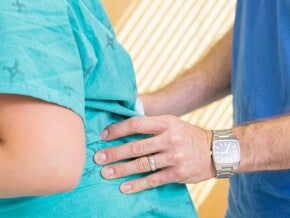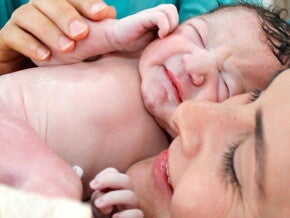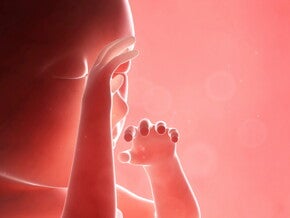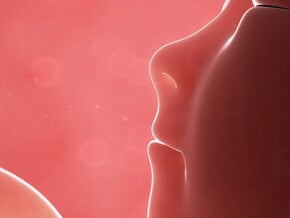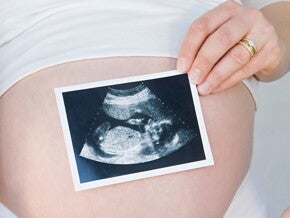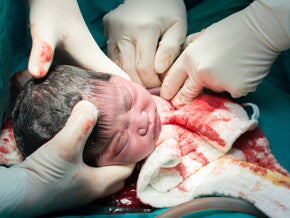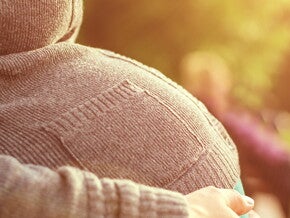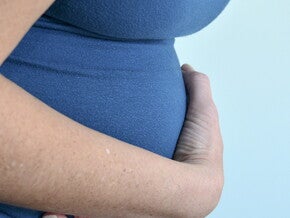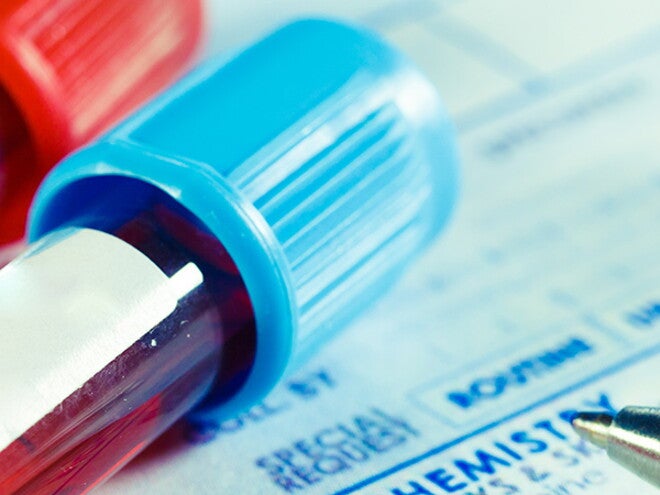
Should this be the case, counselling should follow and possibly a future test. A detailed ultrasound scan between 10 and 14 weeks may enable doctors to detect abnormalities in the unborn baby’s heart and arteries, as well as Down’s Syndrome as researchers have found a link between a thicker nuchal fold and major heart abnormalities.
A foetal anomaly scan, at around 15–17 weeks, looks for abnormalities that may be visible on screen, such as anencephaly (when the baby’s skull fails to form properly) and spina bifida (when a gap in the vertebrae leaves the spinal cord partially exposed).
Blood tests
- Glucose tolerance test to check your risk of becoming diabetic.
- Alpha-fetoprotein (AFP) or the triple test is usually carried out at around 12 weeks. AFP is the major circulating protein in the human foetus. This screening test calculates your individual risk of having a baby with Down’s Syndrome or an open neural tube defect. It does not confirm the presence of abnormalities. Test results are often expressed as a risk of about one in 420. A positive way of assessing your risk is to look at the likelihood of your baby not being affected – for every 420 babies born, 419 will be normal. If the screening test suggests that your risk is high, you may be offered a diagnostic test. Only take this test if you are prepared to follow it up with amniocentesis, should it indicate an increased risk.
- Other special blood tests may be carried out to check for a variety of abnormal conditions or diseases.

